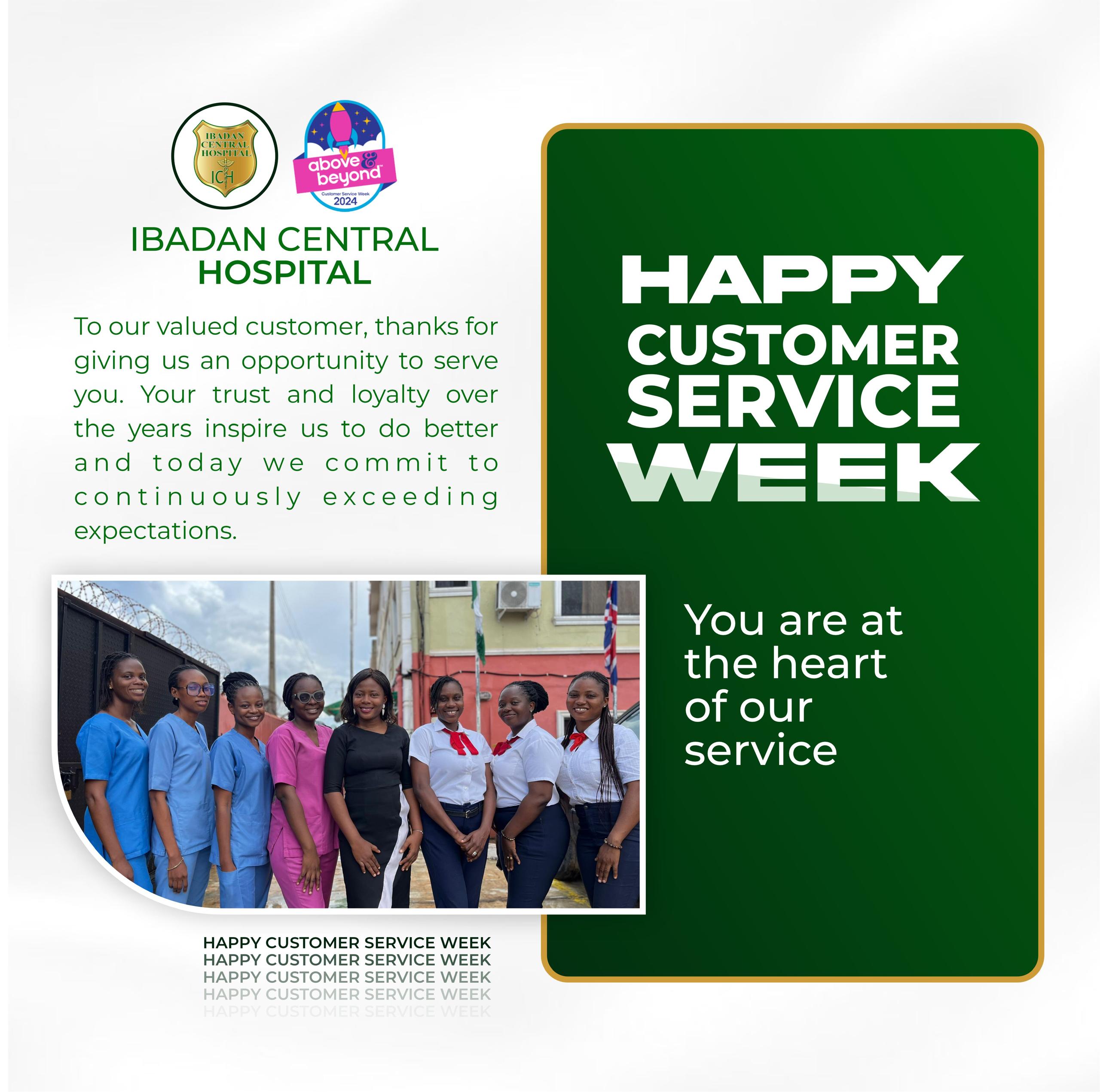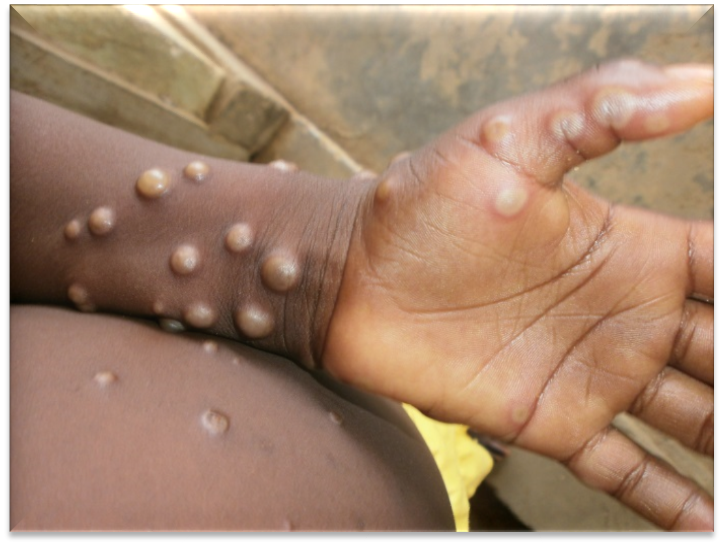

Know the facts. Protect Yourself and Your Loved Ones
Hepatitis, a group of infectious diseases, poses a significant threat to global health. Affecting millions worldwide, it can cause acute and chronic liver disease, liver cancer, and even death. In this article, we'll delve into the dangers of hepatitis, preventive measures, and the importance of screening.
Dangers of Hepatitis
Hepatitis is an inflammation of the liver often caused by viral infections. There are several types of hepatitis, including Hepatitis A, B, C, D, and E, each with varying degrees of severity and modes of transmission.
- Hepatitis A (HAV): Often transmitted through contaminated food and water, HAV can cause acute liver disease but usually resolves on its own. However, it can lead to severe illness, particularly in older adults or those with other health conditions.
- Hepatitis B (HBV): Transmitted through blood, semen, or other body fluids, HBV can lead to chronic liver disease, cirrhosis, liver cancer, and even death if left untreated.
- Hepatitis C (HCV): Mainly spread through blood-to-blood contact, HCV often leads to chronic liver disease, cirrhosis, and liver cancer. Many people with HCV are asymptomatic, making it a silent but deadly condition.
- Hepatitis D (HDV): This type only occurs in those already infected with HBV. Co-infection with HDV can lead to more severe liver disease and complications.
- Hepatitis E (HEV): Typically transmitted through contaminated water, HEV is usually self-limiting but can be severe in pregnant women, leading to liver failure and death.
Preventive Measures
Preventing hepatitis involves a combination of vaccination, safe practices, and lifestyle adjustments:
- Get Vaccinated: Vaccines for Hepatitis A and B are highly effective. Ensure you and your loved ones are vaccinated.
- Practice Safe Sex: Use condoms and reduce the number of sexual partners to lower the risk of sexually transmitted hepatitis.
- Avoid Sharing Needles or Personal Items: Never share needles, syringes, razors, or toothbrushes to prevent bloodborne transmission.
- Ensure Proper Food and Water Handling: For Hepatitis A and E, drink safe water, eat properly cooked food, and maintain good hygiene.
- Avoid Close Contact with Infected Individuals: Be cautious around individuals known to have hepatitis, especially if you have not been vaccinated.
Screening and Early Detection
Early detection through screening is vital for managing and treating hepatitis effectively:
- Regular Testing: Individuals at higher risk, such as those with a history of intravenous drug use, healthcare workers, or those with chronic liver conditions, should undergo regular hepatitis screening.
- Blood Tests: Simple blood tests can detect hepatitis infection. Tests include the Hepatitis A antibody test, Hepatitis B surface antigen test, and Hepatitis C antibody test.
- Liver Function Tests: These tests help assess the extent of liver damage and monitor liver health over time.
- FibroScan and Liver Biopsy: For chronic hepatitis patients, these diagnostic tools can evaluate liver fibrosis and cirrhosis.
- Prenatal Screening: Pregnant women should be screened for HBV to prevent mother-to-child transmission.
Who's at Risk?
Certain groups are at higher risk for contracting hepatitis:
- People with Multiple Sex Partners: Higher risk of sexually transmitted hepatitis.
- Injecting Drug Users: High risk due to shared needles.
- Healthcare Workers: Exposure to blood and bodily fluids increases risk.
- Travelers to High-Risk Areas: Increased risk of Hepatitis A and E from contaminated food and water.
- Those with Tattoos or Piercings: Risk from non-sterile equipment.
Break the Silence, Get Tested
Hepatitis can be a silent killer, often showing no symptoms until significant liver damage has occurred. Don't wait until it's too late. Educate yourself, get tested, and encourage others to do the same. By raising awareness and taking proactive measures, we can combat hepatitis and protect our communities.
Remember, prevention and early detection are key. Protect yourself and your loved ones from the hidden danger of hepatitis.






